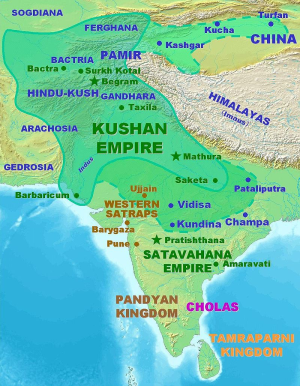Major
ODI Star
- Joined
- Aug 28, 2013
- Runs
- 35,198
- Post of the Week
- 7
Once upon a time in the princely state of Travancore (now Kerala, India), there existed a cruel and humiliating practice which was called the "Mulakkaram" or Breast Tax.
It wasn’t a myth. It was a tax imposed on lower-caste women who dared to cover their chests.
In 19th-century Travancore, caste determined everything, your job, your rights, even how much of your body you could cover. Women from "lower" castes were forbidden from covering their breasts in public. If they wished to drape cloth over their chests, they had to pay a tax. The more "well-endowed" a woman was, the higher the tax. Tax collectors would sometimes measure women’s breasts to determine the amount.
This wasn’t just a form of financial exploitation, it was humiliation codified into law. It was a system designed to ensure that lower-caste people never forgot their "place." But resistance was inevitable. Nangeli, a woman from the Ezhava community, refused to pay. One day, when the tax collectors arrived, she did the unthinkable.
In an act of ultimate defiance, Nangeli cut off her own breasts and placed them on a plantain leaf in front of the tax officers. She bled to death. Her sacrifice sparked outrage. Soon after, the Travancore kingdom abolished the Breast Tax.
Today, this dark chapter remains largely forgotten. But it serves as a reminder of the oppression women faced, and how one act of bravery can change history.
It wasn’t a myth. It was a tax imposed on lower-caste women who dared to cover their chests.
In 19th-century Travancore, caste determined everything, your job, your rights, even how much of your body you could cover. Women from "lower" castes were forbidden from covering their breasts in public. If they wished to drape cloth over their chests, they had to pay a tax. The more "well-endowed" a woman was, the higher the tax. Tax collectors would sometimes measure women’s breasts to determine the amount.
This wasn’t just a form of financial exploitation, it was humiliation codified into law. It was a system designed to ensure that lower-caste people never forgot their "place." But resistance was inevitable. Nangeli, a woman from the Ezhava community, refused to pay. One day, when the tax collectors arrived, she did the unthinkable.
In an act of ultimate defiance, Nangeli cut off her own breasts and placed them on a plantain leaf in front of the tax officers. She bled to death. Her sacrifice sparked outrage. Soon after, the Travancore kingdom abolished the Breast Tax.
Today, this dark chapter remains largely forgotten. But it serves as a reminder of the oppression women faced, and how one act of bravery can change history.














 . Maybe thats stumping you a little.
. Maybe thats stumping you a little. 
